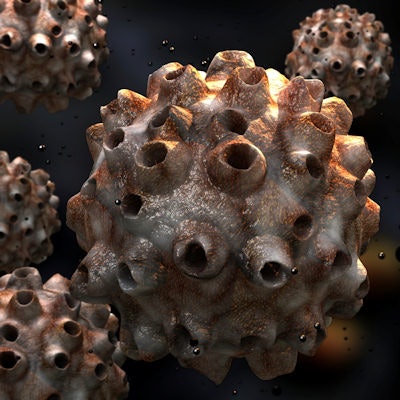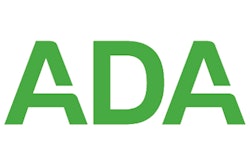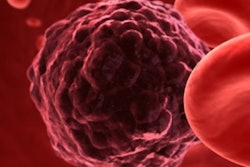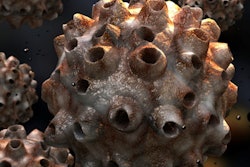
U.S. men are generally less knowledgeable than same-age U.S. women about HPV, the HPV vaccine, and the relationship between HPV and cancer, according to a study published on September 16 in JAMA Pediatrics. The findings highlight the importance of effective communication between practitioners and patients about the vaccine.
Using data from the Health Information National Trend Survey from 2017 and 2018, the researchers found that less than 54% of men ages 18 to 26 were knowledgeable about HPV, compared with more than 80% of women in this age group. Similarly, less than 53% of these men and 79% of women knew about the HPV vaccine.
"Findings from this national survey revealed that men are less knowledgeable than women about HPV, HPV vaccination, and the relationship between HPV and cancer," wrote the authors, led by Ryan Suk, a research assistant and doctoral student at the Center for Health Services Research at the University of Texas Health Science Center at Houston (UTHealth) School of Public Health.
The U.S. Food and Drug Administration first approved the HPV vaccine for females in 2006 and males in 2011. Vaccine-type oral HPV prevalence declined by almost 40% between 2009-2010 and 2015-2016 in a recent sample of unvaccinated U.S. men ages 18 to 59, but actual vaccination coverage was less than 49% in 2017, according to the researchers.
They performed an analysis of data from Health Information National Trend Survey, a representative survey administered by the National Cancer Institute that collects data on health-related behaviors and knowledge among U.S. adults. The survey contained data from more than 2,560 men and almost 3,700 women. The researchers evaluated questions about HPV knowledge, the HPV vaccine, and the relationship between HPV and other cancers. They then estimated outcomes for three age groups: ages 18 to 26, 27 to 45, and 46 and older.
Men were less knowledgeable about HPV, its vaccine, and its role in causing cancers across all age groups (see table below).
| Percentage of men and women knowledgeable about HPV by age group | ||||||
| Ages 18 to 26 | Ages 27 to 45 | Ages 46 & older | ||||
| Men | Women | Men | Women | Men | Women | |
| Knowledgeable about HPV | 53.6% | 80.3% | 67.7% | 86.4% | 45.3% | 65.1% |
| Knowledgeable about HPV vaccine | 52.7% | 79.0% | 56.1% | 81.0% | 44.8% | 69.6% |
A higher percentage of men did not know HPV can cause cervical or oral cancers (see table below).
| Percentage of people who did not know HPV can cause cervical or oral cancers | ||||||
| Ages 18 to 26 | Ages 27 to 45 | Ages 46 & older | ||||
| Men | Women | Men | Women | Men | Women | |
| Did not know that HPV causes cervical cancer | 60.1% | 31.6% | 47.4% | 23.9% | 65.6% | 45.7% |
| Did not know that HPV causes oral cancer | 84.7% | 77.6% | 81.7% | 72.8% | 86.4% | 80.2% |
Education for both sexes is crucial in lowering HPV rates, the researchers concluded.
"HPV vaccination campaigns have focused heavily on cervical cancer prevention in women. Our findings demonstrate a need to educate both sexes regarding HPV and HPV vaccination," stated co-author Ashish Deshmukh, PhD, MPH, in a UTHealth release. Dr. Deshmukh is an assistant professor at the UTHealth School of Public Health.



















